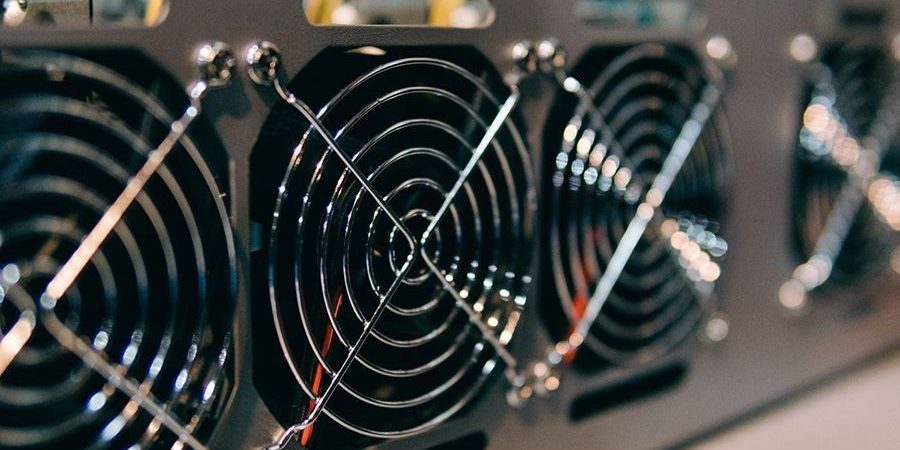Chinese miners are moving not only to Kazakhstan and the United States. Mining companies turned their attention to the state in South America as a testing ground for data centers.
Persecuted by the authorities, Chinese (and not only) miners began to view the country with reserves of renewable hydropower as a destination for the placement of “green” mining farms. On which you can mine bitcoins and altcoins without harm to the environment. In June, it was reported that eight Chinese companies were about to relocate their business to Paraguay.
Among them is the Chinese mining company Future Fintech. The company recently announced its intention to host a Bitcoin mining datacenter in Paraguay. According to the CEO of Future Fintech, the company is studying the provided territory in order to determine the further business development strategy in the new location. The company noted the support that the Paraguayan government is providing to the cryptocurrency mining business.
“We plan to carefully assess the possibility of developing the company in Paraguay. We will work with our local consultant to analyze hydropower and other renewable energy sources in Paraguay. Equally important for exploring are the locations for the construction of mining farms and the preferential policy that we can receive in relation to our capital investments. ”
For cryptocurrency mining, not only the monetary factor is important, but also political stability, legal framework, the country’s level of security for investments, and only then the cost of electricity. In Paraguay, compared to the USA or Canada, electricity costs much less – less than $ 0.01 per kWh.
A factor holding back mining companies from moving businesses to Paraguay may be the lack of a legal framework governing the rules for mining cryptocurrencies. The latest bill, which clarified the procedure for regulating mining, was so unsuccessful that it was never adopted in the country. In June of this year, Paraguay considered the possibility, following the example of El Salvador, to recognize bitcoin as a means of payment, but according to the deputy who previously announced this, there is no information in the bill that bitcoin will be recognized as a means of paying for goods and services on a par with fiat money.







